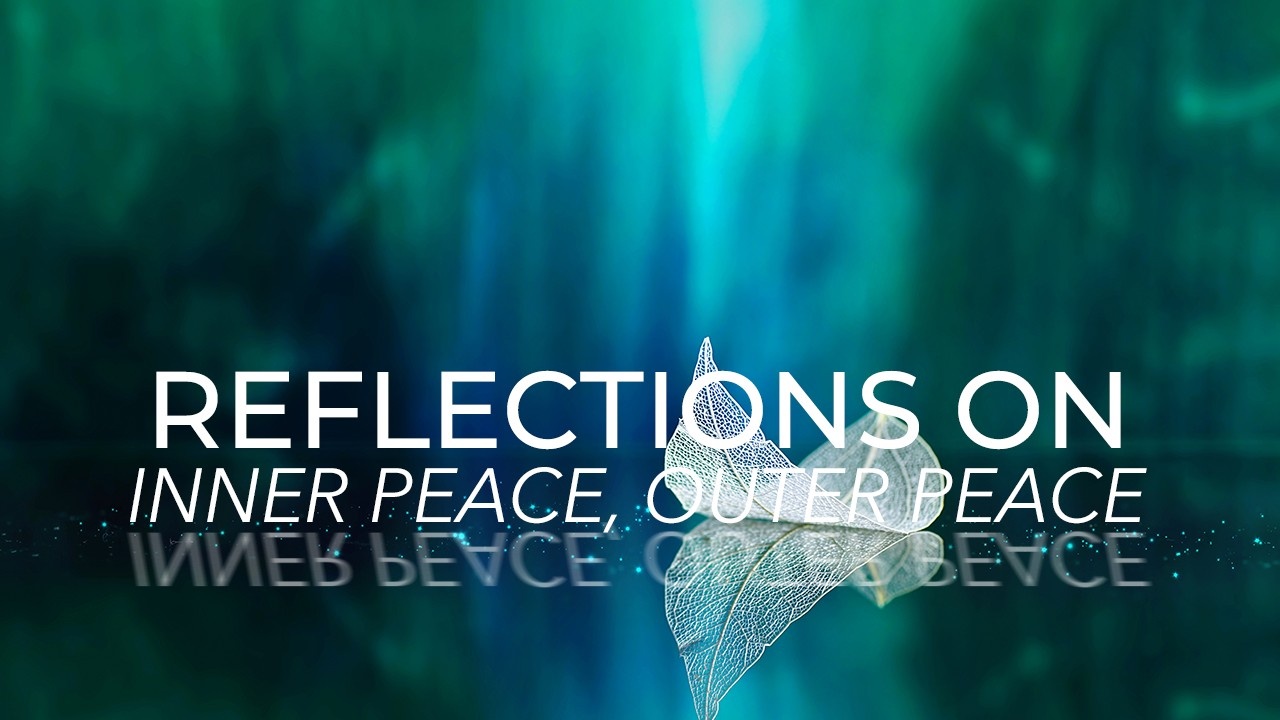Things I’m learning by practicing with injury and illness, Part II
Apr 05, 2018
In practicing with the health challenges that I’ve been facing recently, one thing I have come to recognize is that for any individual, our suffering usually comes from the same source, even if the external circumstances look different. I posed a question to my partner: “name a difficult time you faced in your life, and what you learned from it.” We talked about many difficult times in each of our lives. The intention of the question was to notice how we learn and grow through our difficulties, which we did.
Something else we noticed was that, at the heart of things, each iteration of difficulties in each of our lives reflected the same core issues, regardless of the situation we were facing. And that what caused us the most suffering were the stories in our heads. This is called the second arrow.
The first arrow is the actual problem: I lost my job, I am having a health crisis, my family member is sick, I feel stressed about work, my marriage is falling apart. These situations are difficult, and we have to face them. The second arrows are all the stories we tell about the problem, usually laden with judgments, and are the cause of most of our suffering.
The stories and issues may be different for different people, but they are usually pretty similar from one life circumstance to the next for any one person. What is your underlying story? ”I did something wrong.” “I have been wronged.” “The world is unsafe.” “I am not loveable.” “I can’t do it.” “I can’t have my needs or desires met.” “I am unworthy.” “I can’t trust anyone.” “It’s not safe to express myself.” “I am not enough.”
When I was suffering most acutely in dealing with physical limitations, one underlying storyline I noticed was feeling like an unworthy partner because I was unable to “carry my weight” with home tasks. Having just moved in together, I thought, “my partner didn’t ask for this, to have to do more of the work — why would she want to be in a relationship with someone who is physically incapable?”
I discovered in dealing with the physical limitations I’ve been facing how much my sense of worth is tied to getting things done — an internalized ableism. While I would like to think that I don’t harbor this attitude towards others, our judgments and expectations of ourselves ultimately do reflect our judgments and expectations of others, and vice versa. I was clearly defining my value by my ability to do and accomplish things.
Recognizing the stories and patterns of judgement that cause our suffering can start us on the path of healing them. I recognized how earlier difficult moments also echoed this theme of feeling worthy through doing and accomplishing. Besides healing old stories that cause me suffering, I could see how healing this pattern would help me be more compassionate to others as well — to truly embody that a person’s worth is inherent, not tied up with what they can do.
It’s been humbling to notice the shame that can come up from needing help and support. And it’s been a beautiful practice to allow myself to receive open heartedly, with gratitude and wonder at the support that is freely offered. Receiving in this way helps me to give more freely as well, from the overflow rather than from a feeling of obligation. To pay it forward rather than to repay, to know that we all are here to support each other in the ways we need. This discovery is reflected in the words of my friend, Elliot Kukla “Slowly, I found a deeper value in relationship beyond reciprocity: an unconditional love and care based in justice, and a belief that all humans deserve relationship, regardless of whether we can offer anything measurable back.” (I highly recommend Elliot’s New York Times op-ed on chronic illness and issues of self-worth it can bring up.)
As we confront “one thing after another,” perhaps practicing skillfully with difficulty also offers the opportunity to transform and heal those patterns that we find are “the same thing over and over again.”
